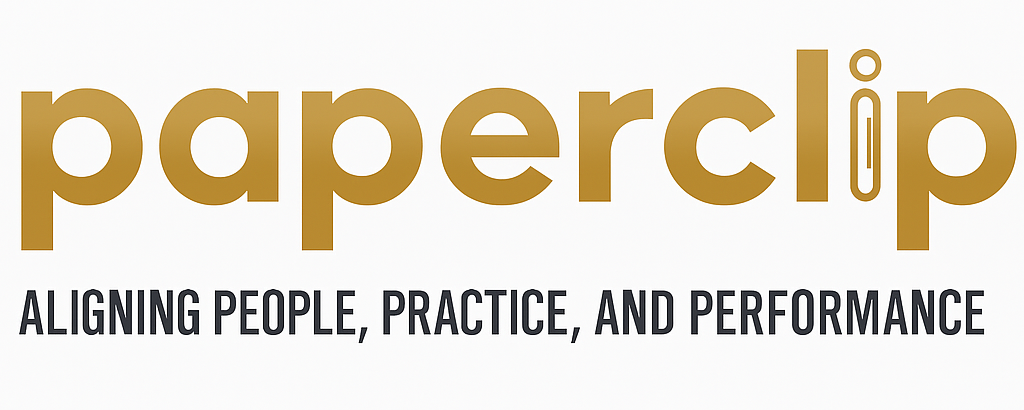Employee Feedback and HR’s Role in Facilitating It
Effective communication forms the backbone of any successful organization, and central to this is the practice of giving and receiving employee feedback. Not only is feedback vital for individual growth and performance improvement, but it also fosters a culture of open communication, contributing to overall organizational success. Here, the Human Resources (HR) department plays a key role in implementing effective feedback mechanisms.
Why Employee Feedback is Important
Employee feedback serves multiple purposes. For employees, it provides a clear understanding of their performance, highlighting areas of strength and identifying opportunities for improvement. Feedback fosters professional development and can significantly increase employee satisfaction, motivation, and engagement. For the organization, feedback helps maintain standards, improve productivity, and create an open culture that promotes learning and growth.
Moreover, feedback isn’t a one-way street. Encouraging employees to provide feedback to peers, subordinates, and even superiors can foster a sense of inclusivity, ensuring all voices are heard. This empowers employees, making them feel valued and acknowledged.
HR’s Role in Facilitating Employee Feedback
As stewards of the organization’s people practices, HR is ideally positioned to facilitate robust and effective feedback systems.
Creating a Feedback-friendly Culture
HR can lead the way in creating a feedback-friendly culture. This begins with training managers on how to give and receive feedback constructively. Offering workshops or coaching sessions can equip managers with the necessary skills to provide meaningful feedback and respond appropriately to feedback received.
Implementing Structured Feedback Systems
Apart from casual, ongoing feedback, structured feedback systems like performance reviews are important. HR can establish regular performance review cycles, ensuring feedback is given at regular intervals and not just when something goes wrong. The key is to make these reviews balanced and fair, focusing on both achievements and areas for improvement.
Facilitating 360-Degree Feedback
A 360-degree feedback system, wherein employees receive feedback from their peers, subordinates, and superiors, provides a holistic view of performance. HR can implement such systems, ensuring they’re designed thoughtfully to avoid issues like favoritism or personal bias.
Promoting Upward Feedback
HR should also promote upward feedback, encouraging employees to give feedback to their superiors. Anonymity might be necessary in some cases to ensure employees feel comfortable sharing their opinions. By promoting upward feedback, HR can help ensure that the organization’s leaders continue to grow and improve.
Ensuring Action on Feedback
Collecting feedback is just the first step – acting on it is crucial. HR can work with managers to develop action plans based on feedback received, showing employees that their input is valued and impactful.
Employee feedback is a vital component of organizational communication, growth, and success. The role of HR in facilitating feedback is multifaceted, involving creating a feedback-friendly culture, implementing structured feedback systems, facilitating 360-degree feedback, promoting upward feedback, and ensuring action on feedback. By playing this role effectively, HR can help foster an open, inclusive, and growth-oriented workplace, underlining the significance of HR’s role in leveraging the power of employee feedback.
